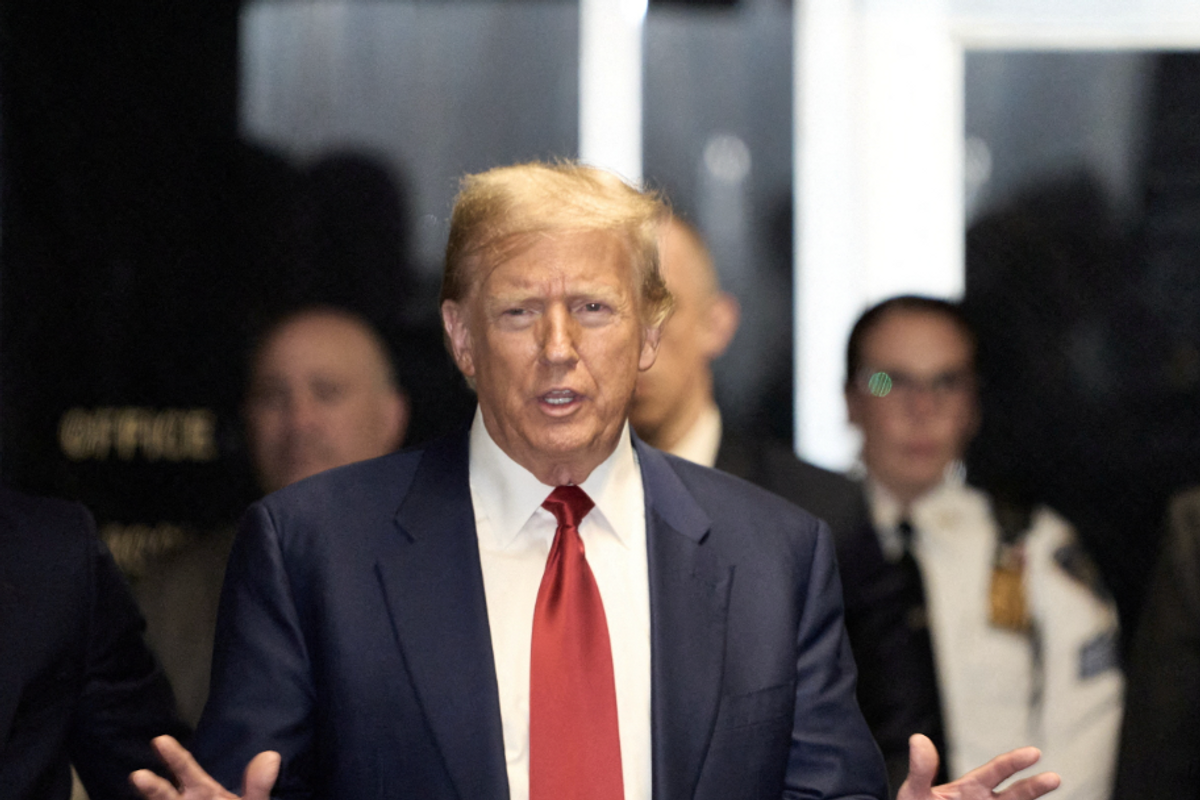WASHINGTON (AFP) – The chill in U.S.-Russian relations has dimmed prospects for a slash in America’s nuclear weapons arsenal, experts say.
Since his historic 2009 appeal in Prague, President Barack Obama has sought to make disarmament a cornerstone of his presidency.
But much hinges on Moscow.
In a major address in Berlin in June, Obama urged Russia to jointly reduce nuclear weapons stockpiles by a third, taking them to the 1,000 mark.
“These are steps we can take to create a world of peace with justice,” Obama said with the German capital’s Brandenburg Gate as a backdrop.
At the time, Russian officials reacted coldly to the appeal and relations have only got frostier now that Obama has scrapped a summit next month with counterpart Vladimir Putin.
Washington said one of the reasons was its disappointment over Moscow’s granting asylum to intelligence leaker Edward Snowden.
But the fact that the White House also cited “lack of progress” in a host of areas indicates that preparatory talks on disarmament beyond the Strategic Arms Reduction Treaty are at a standstill, experts say.
Under the new Strategic Arms Reduction Treaty (START) negotiated with Moscow during Obama’s first term, the two former Cold War foes agreed to limit nuclear warheads to 1,550 each by 2018.
The topic of new arsenal cuts wasn’t even mentioned in the Pentagon’s readout of a meeting in Washington last Friday between U.S. defense chief Chuck Hagel and his Russian counterpart Sergei Shoigu.
“Given what the Russian military doctrine is, given where Russian security policy is, given where Russian military modernization is, it was highly unlikely that the Russian government was willing to go substantially below New Start levels,” Celeste Wallander, a former deputy assistant secretary of defense for Russia, told AFP.
“The big picture obstacles to nuclear reductions have to do more with broader issues in Russian military doctrine: the greater reliance on nuclear weapons, the enhanced role of nuclear weapons in Russian military doctrine, the Russian uncertainty about China, [and] the continuing relative weakness of Russian conventional forces,” added Wallander, who is now a professor at American University.
Robert Norris, senior fellow for nuclear policy at the Federation of American Scientists, said prospects for a negotiated disarmament are slim because “Russia just doesn’t believe that stated intent from the U.S.”
“It’s a very old issue, one that doesn’t go away,” he told AFP.
Faced with a “nyet” from the Russians, Washington could go it alone and disarm unilaterally. Obama paved the way for this with his appeal to the Russians in Berlin.
The move could relieve some budget pressure, with the Pentagon anticipating to spend $215 billion over 10 years to maintain and modernize its arsenal. That amount seems to be both an “underestimate and unaffordable in the current climate of defense budget austerity,” according to a report by the Center for Strategic and International Studies.
In parallel, the Pentagon faces $500 billion in automatic spending cuts over the same period.
Cutting the U.S. arsenal to a thousand or fewer deployed warheads could result in $39 billion in taxpayer savings over the next decade, according to a study by the Arms Control Association.
“If the United States is serious about getting Russia on board with further nuclear cuts, it should start with unilateral reductions to its number of deployed warheads that go beyond the New START limits,” nuclear physicist Pavel Podvig wrote in the Bulletin of Atomic Scientists.
“Strictly speaking, these reductions would be reversible and somewhat symbolic, as the hedge is not going away any time soon and the legally-binding upper limit would still be set by New START,” he wrote. “Russia would then face a choice between joining the nuclear cuts and keeping the leverage that comes with being an active participant in the process, or risking a US decision to embrace unilateralism and steer nuclear policy in a discomforting direction.”
According to Podvig, Moscow is not ready to take that risk.
“If the goal is to force or incentivize Russian reciprocal, unilateral reductions, I’m highly skeptical that would be the result,” said Wallander.
For Norris, a partial unilateral disarmament seems impossible due to Republican opposition in Congress “which is suspicious of any move he can make.”


